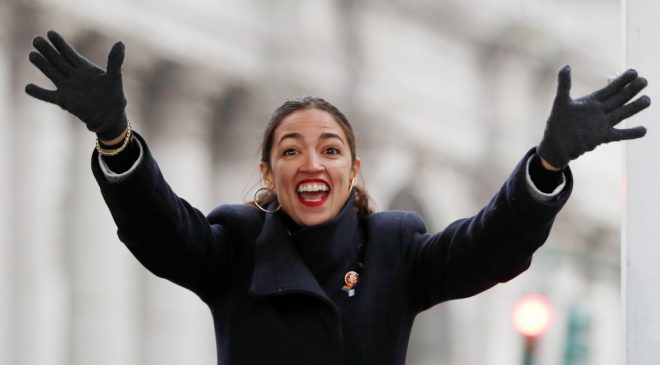“One Voluntaryist’s Perspective” is an original column appearing sporadically, by the founder and editor Skyler J. Collins.
We live in a world of scarcity. There is a seemingly infinite amount of demand for a seemingly finite amount of resources. The same resource can’t be used at the same time by different users. If it could, then the concept of “property” would never have arisen. As it is, scarcity creates the possibility of conflict, and so people who value peaceful coexistence with one another will allocate resources in a conflict-reducing way. How would this process look under voluntaryism? Let’s see.
Defense of Property
As I wrote in “The Defense of Property,” despite whatever theory we subscribe to, property is that which can be defended by either force or reason. In a free society, there is no central allocator and protector of property and property title, ie. the state. Without the state, the costs of defending one’s property claim won’t be subsidized by unwilling taxpayers, but instead borne by property owners themselves. As such, what types of resource allocation norms are we likely to witness under voluntaryism?
Occupancy and Use vs. Original Appropriation
There are two primary competing theories of scarce resource allocation among voluntaryists (and anarchists). Each side argues that their theory is most ethical and likely to reduce conflict. On the left hand we have the occupancy and use theory of property, which, in short, says that only resources which are occupied and put to some use may be considered property and defended with force. On the right hand we have the original appropriation theory of property, which, in short, says that any resource which is put to some use initially (out of nature) may be considered property in perpetuity and defended with force.
The difference between these two theories is that the left side only recognizes as property those resources that are currently being occupied and used by the owner. If the owner, within a reasonable amount of time, leaves his property, say to rent it out to someone, he has effectively abandoned it and the new occupier and user (renter) may claim ownership. To own something that one does not currently occupy and use is to be an absentee owner, an invalid concept on the left. Not so on the right. Owners may rent their property, whether it be a house, a factory, or capital equipment, and reap the profits of doing so. The only qualification the owner needs to meet is that he was first to appropriate the resource or trade for the resource in question.
Voluntaryism
Because there is no state in a free society to enforce a particular theory of property over everyone, people who value peaceful coexistance will recognize the various property theories and over time the property norms that emerge will have been based on a mixture of that which is defended by force and that which is defended by reason. Gun ownership will be widespread and so people will think twice before simply taking what is already claimed by others, occupied or not. Instead, I expect that this show of force will lead most people to negotiate with one another on how the available resources should be allocated.
A case study by Terry Anderson and Peter Hill of the stateless American West shows exactly this in The Not So Wild Wild West: Property Rights on the Frontier. As people who moved west into stateless territority were faced with mostly virgin land and hostile natives, they had to bear the costs of property claims themselves. As such, the most entrepreneurial minded, those most likely to recognize the need for and utilize negotiation, were the ones who were most successful at establishing and defending their property, all while increasing the level of peace among their relationships with the natives. This experiment in anarchism was put to an end as the US army moved west and began disrupting what peace had been made. As states were formed, such as Nevada, they simply codified the rules that had already evolved among cattle ranchers and miners.
Final Thoughts
My point is, under voluntaryism there is no one theory of property that everyone will adopt, and conflict thereby reduced. Rather, each and every individual must be willing to negotiate with others on the allocation of the resources that they want and need to survive, or risk ostracism. Each theory of property has its merits and demerits, but none of them will be implemented in practice completely. I predict that in a free society most property will be that which is occupied and used by the owner, while only some will be that where the owner or owners are absent.



